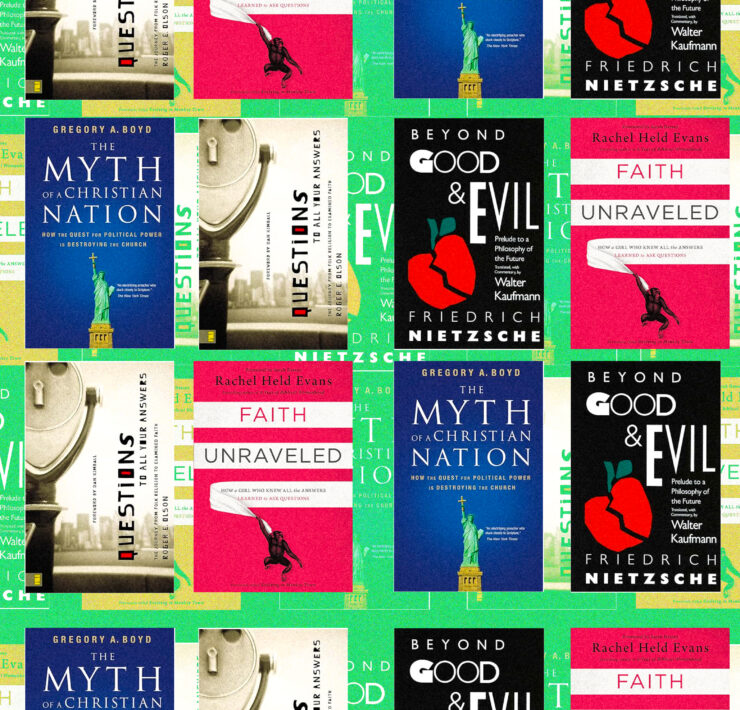
Israeli archeologists have discovered a 3,700-year-old comb with an ancient inscription telling people to comb their hair and beards to get rid of lice. (Good advice.)
In what is the oldest known full sentence in Canaanite alphabetical script, the inscription says: “May this tusk root out the lice of the hair and the beard.”
Archaeologists say they have even found microscopic evidence of head lice on the comb.
The comb was first excavated in 2016 at Tel Lachish, an archaeological site in southern Israel, but it was only late last year when a professor at Israel’s Hebrew University noticed the tiny words inscribed on it. Details of the find were published this week in an article in the Jerusalem Journal of Archaeology.
Hebrew University archaeologist Yosef Garfinkel, the lead researcher on the project, told The Associated Press that while many artifacts bearing Canaanite script have been found over the years, this is the first full sentence to be discovered.
“It is a very human text,” Garfinkel said. “It shows us that people didn’t really change, and lice didn’t really change.”
Canaanites spoke an ancient Semitic language — related to modern Hebrew, Arabic and Aramaic — and resided in the lands abutting the eastern Mediterranean. They are believed to have developed the first known alphabetic system of writing.
Finding a complete sentence would further indicate that Canaanites stood out among early civilizations in their use of the written word. “It shows that even in the most ancient phase there were full sentences,” Garfinkel added.






















